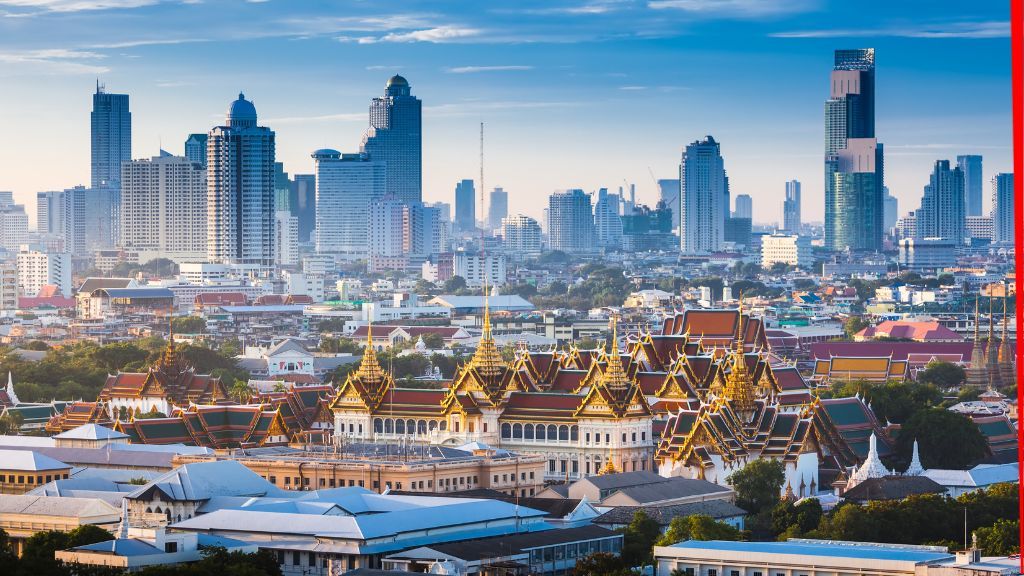
The Thai government is poised to oversee the placement of casino-entertainment complexes under a proposed casino legalisation bill. According to the report of the Bangkok Post, this centralised approach aims to ensure a fair bidding process among investors, preventing any bias that might arise from investors attempting to utilise their own land for the projects.
The report also explained that by assigning the responsibility of selecting locations to a government committee, the legislation seeks to create an equitable framework for all participants. The committee will also determine the number of complexes allowed nationwide. Once these decisions are finalised, the proposals will be presented to the cabinet for approval, aligning with the stipulations in the bill.
The proposed casino complexes are expected to have a transformative impact on Thailand’s economy and tourism sector. An investment of at least THB100 billion (€2.8 billion) will be required for each complex, with construction projected to span three to four years. These developments are anticipated to stimulate Thailand’s annual gross domestic product (GDP) growth by 0.2 percent during the construction phase and by 0.7 percent once operational.
According to studies, these entertainment complexes could attract 5–20 percent more foreign tourists, elevating the average visitor spending from THB40,000 to THB60,000 (€1,118 to €1,677).
The government is advancing the casino bill, with a public hearing completed in August. The Ministry of Finance expects to submit the final draft, accompanied by stakeholder feedback, to the cabinet by the end of the year. The legislation includes 65 sections that outline operational requirements, including licensing terms, age restrictions, and fees. Licences, valid for up to 30 years, will require an initial payment of THB5 billion (€139.8 million), along with an annual fee of THB1 billion (€27.9 million). After the initial period, licences may be renewed for an additional decade.
A policy board, chaired by the prime minister, will be established to regulate these complexes. The board will formulate rules and monitor compliance. Under the proposed framework, individuals under 20 years old will be prohibited from entering, and Thai citizens will be required to pay a THB5,000 (€140) entrance fee, while foreigners will have unrestricted access.
According to the report, potential sites for the casino complexes include two locations in Bangkok, and one each in the Eastern Economic Corridor, Chiang Mai, and Phuket. The project is part of the current government’s policy agenda, which aims to drive economic development. However, discussions within the coalition government remain ongoing, with some leaders advocating for further deliberations before the proposal is submitted to the cabinet.
If enacted, the casino legalisation bill is expected to become law by 2025, introducing a new dimension to Thailand’s entertainment and tourism sectors while contributing to economic growth.